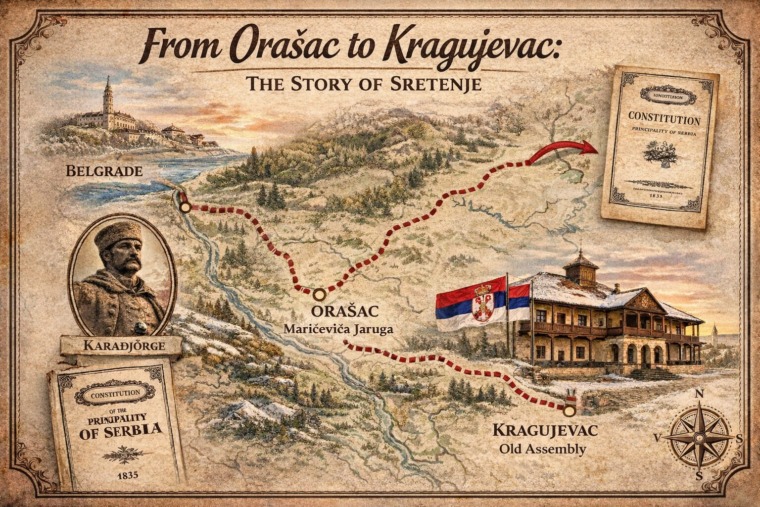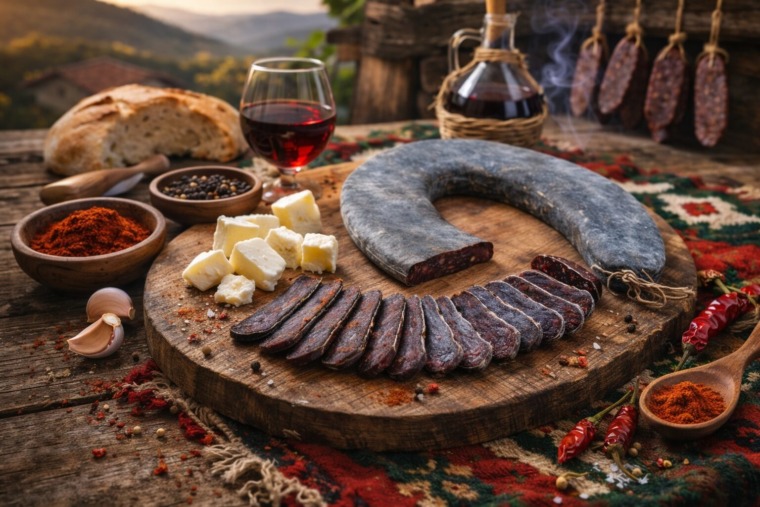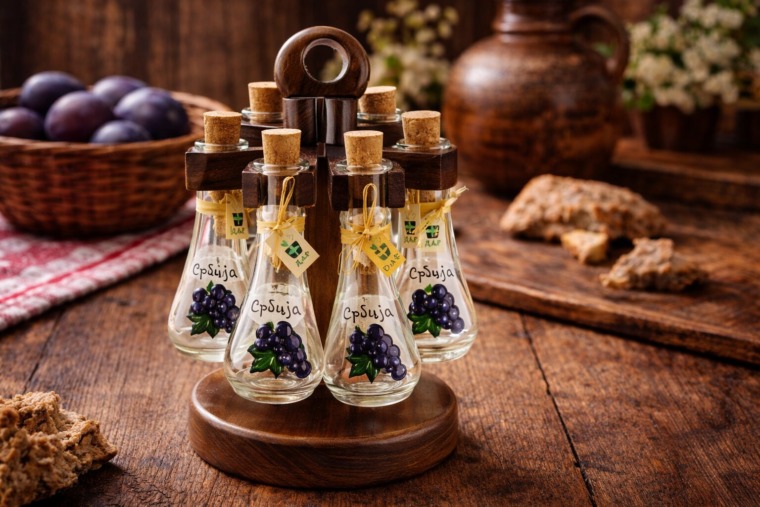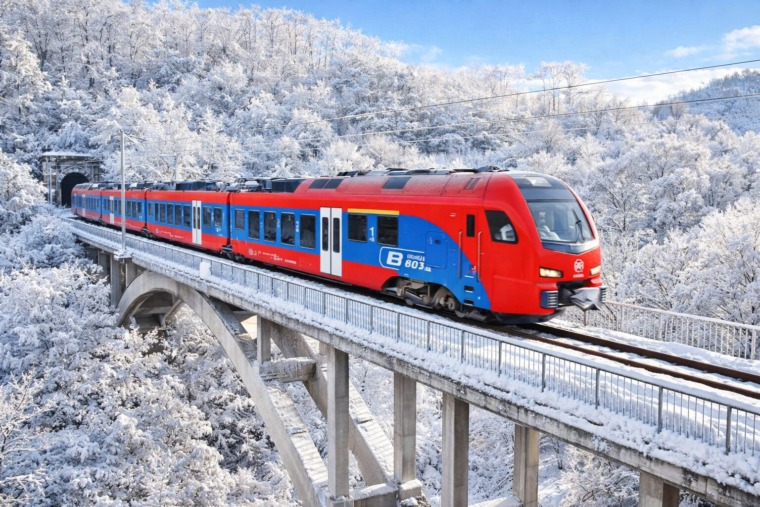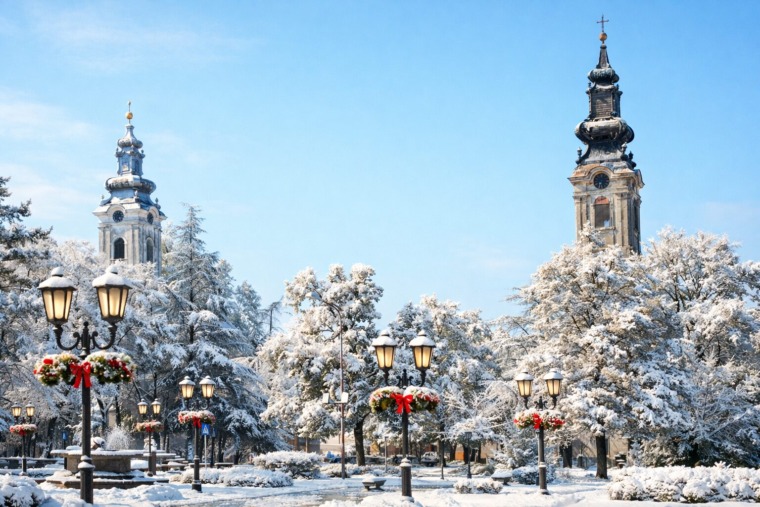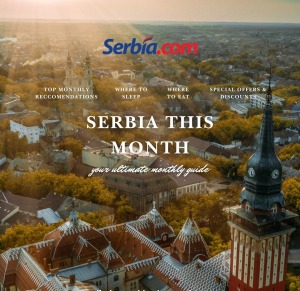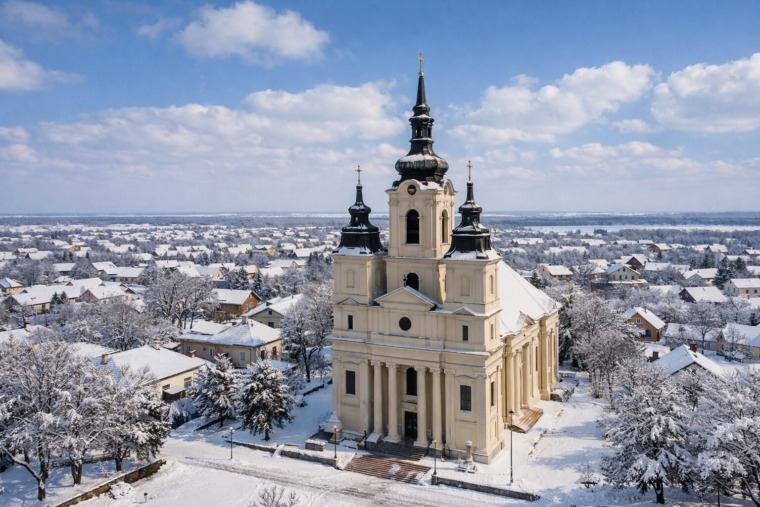
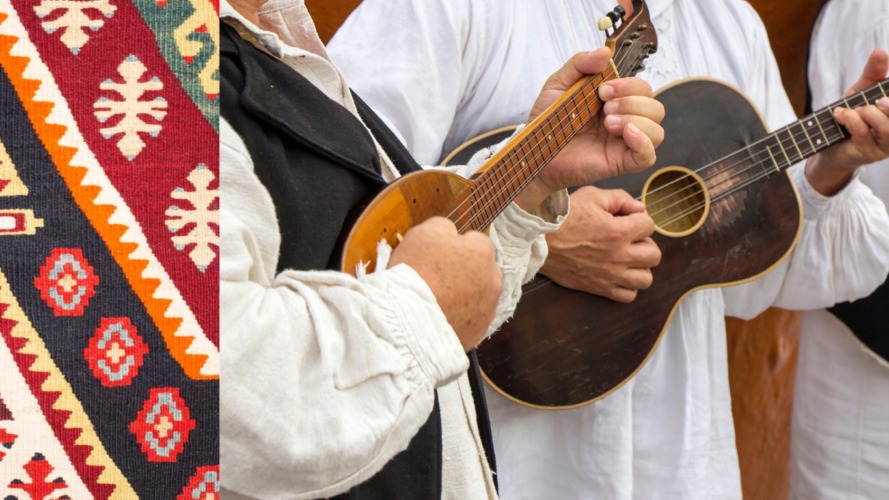
The kafana in Serbia is not just a tavern, but a living stage of tradition, togetherness, and emotion – a place where people sing, talk, grieve, and celebrate.
The kafana is a unique institution in Serbian society. It is much more than an ordinary establishment – it is a symbol of gathering, friendship, and free expression. Songs were born here, important life decisions were made, and even historical turning points were shaped within its walls.
In the kafana, there is no rush. It teaches you that time is measured differently – through the sound of tambouricas or accordions, the scent of homemade rakija, and conversations that last late into the night. Each kafana has its own story: from the bohemian cafés of the city to the village taverns where the spirit of old times is still preserved.
Where it all began
If there is a place that carries the soul of Serbia, it is the kafana. More than just a bar or restaurant, kafana is a cultural institution, a stage for life itself. The story begins back in 1522, when the first kafana in Europe was opened in Belgrade, under the simple name „Znak pitanja“ (The Question Mark) – a place that still exists today, as a living monument to tradition.
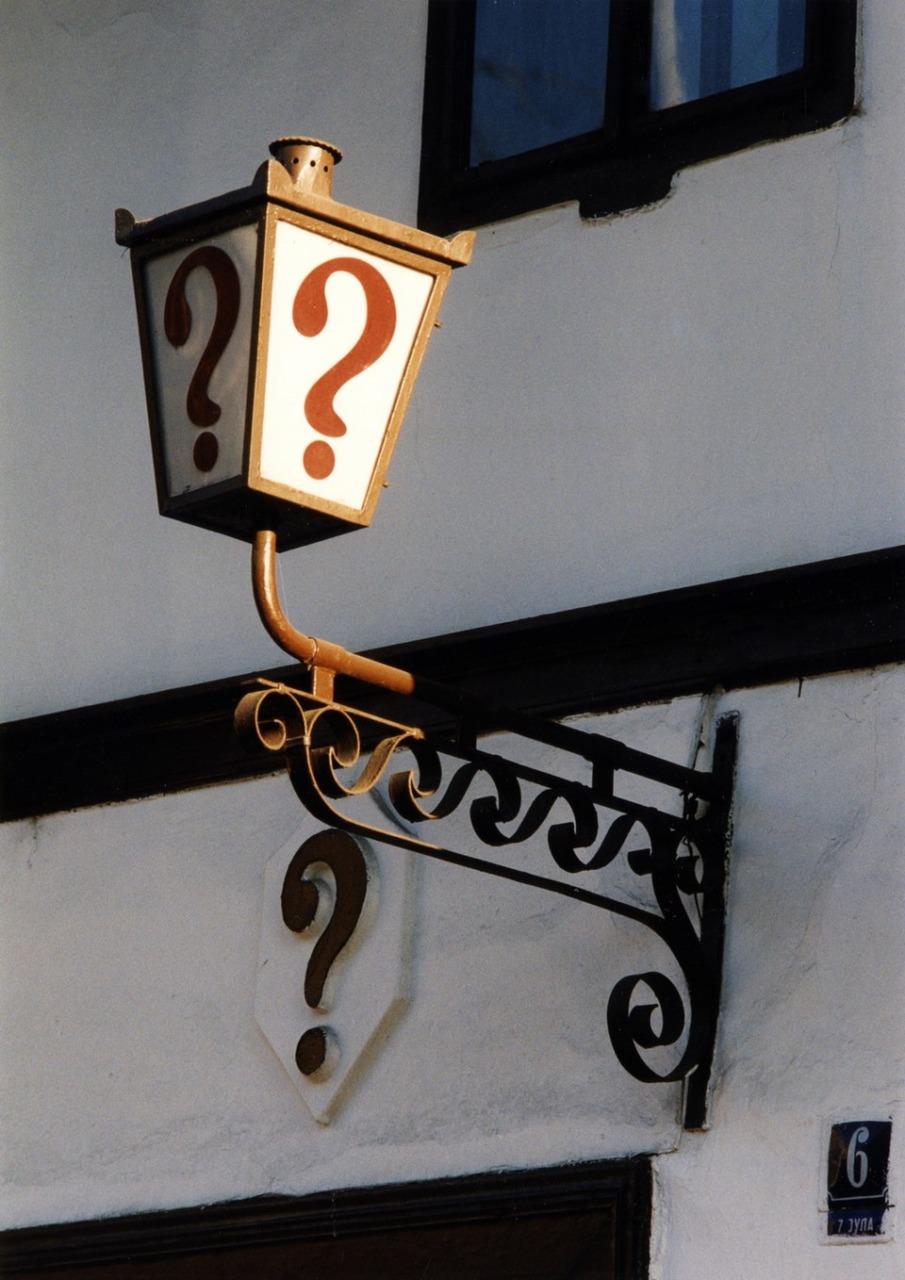
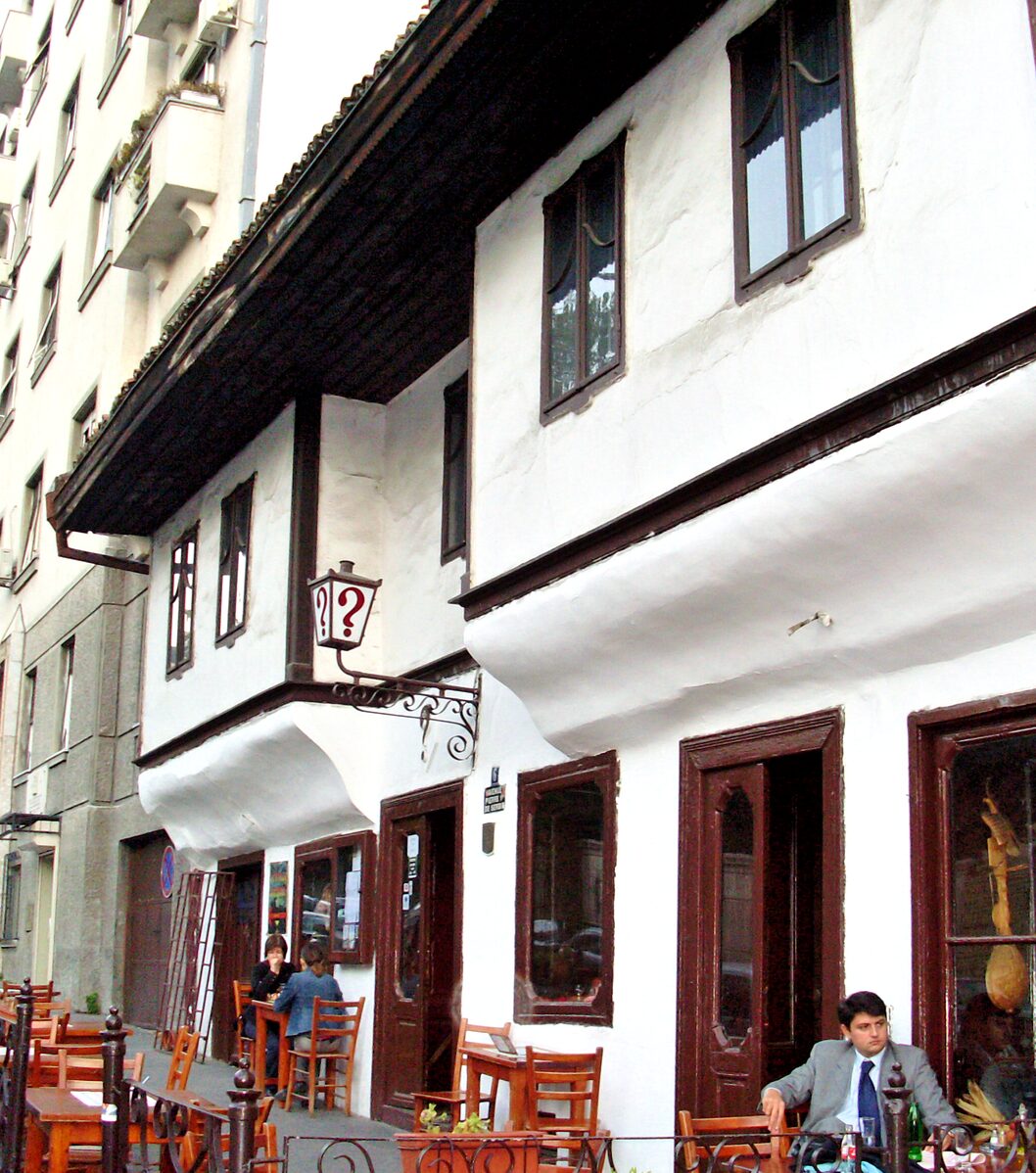
The bohemian heart of the city
Through centuries, kafane became gathering places for traders, writers, poets, and revolutionaries. In Belgrade, the neighborhood of Skadarlija grew into the symbol of bohemian life – cobblestone streets, small houses, tambourines and violins filling the night air.
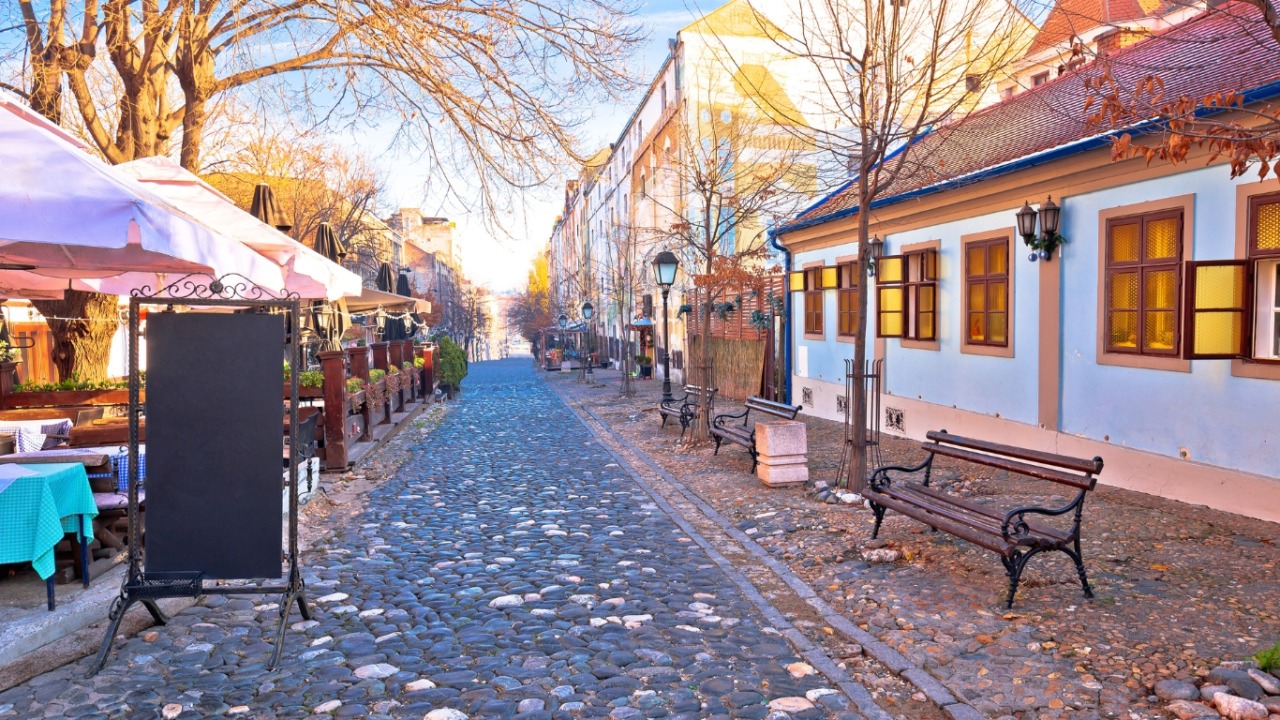
Here, famous poets like Đura Jakšić, musicians, and painters left their mark, celebrating life, love, and freedom with a glass of wine or rakija at the table.
Music, food, and warmth
The kafana is never silent. Starogradska muzika, the traditional old-town songs, accompanied by tambourica or accordion, invite everyone to sing along, whether they know the words or not.
On the tables – always the red-and-white checkered cloth – one can find the essence of Serbian hospitality: hot beans in clay pots, roasted lamb, stuffed peppers, sarma, and freshly baked bread. A glass of šljivovica or homemade wine is never missing.
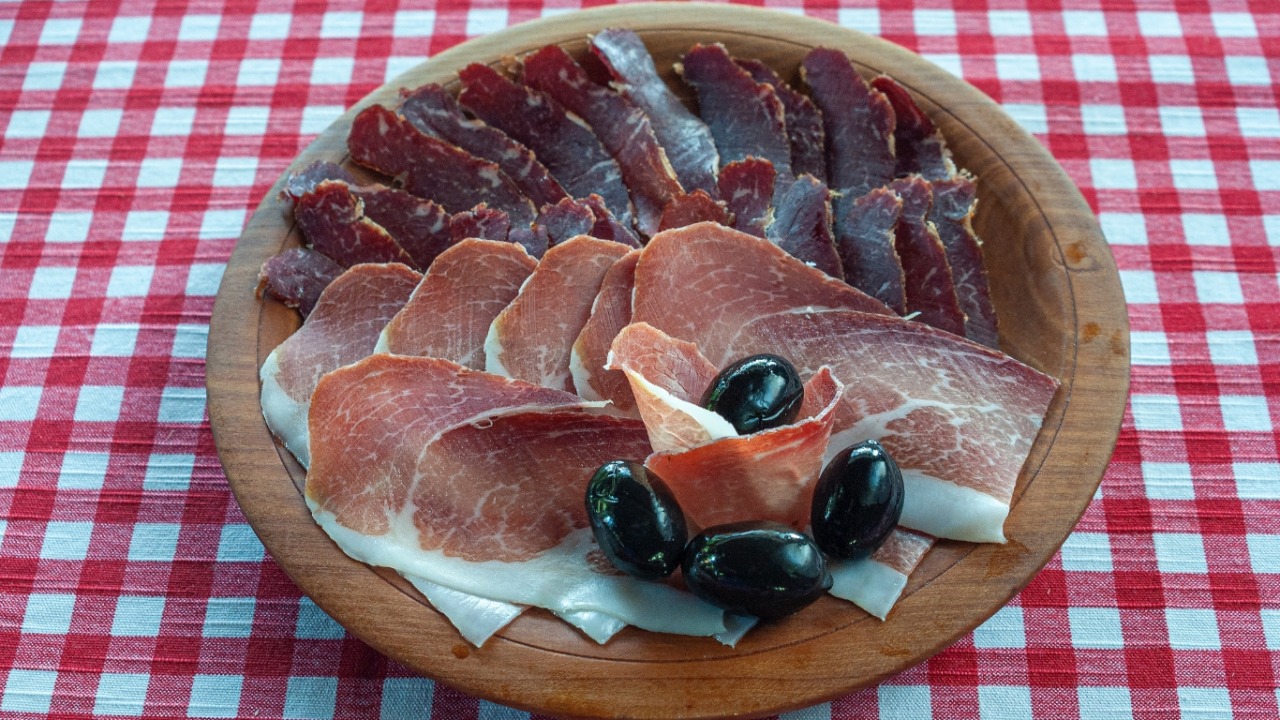
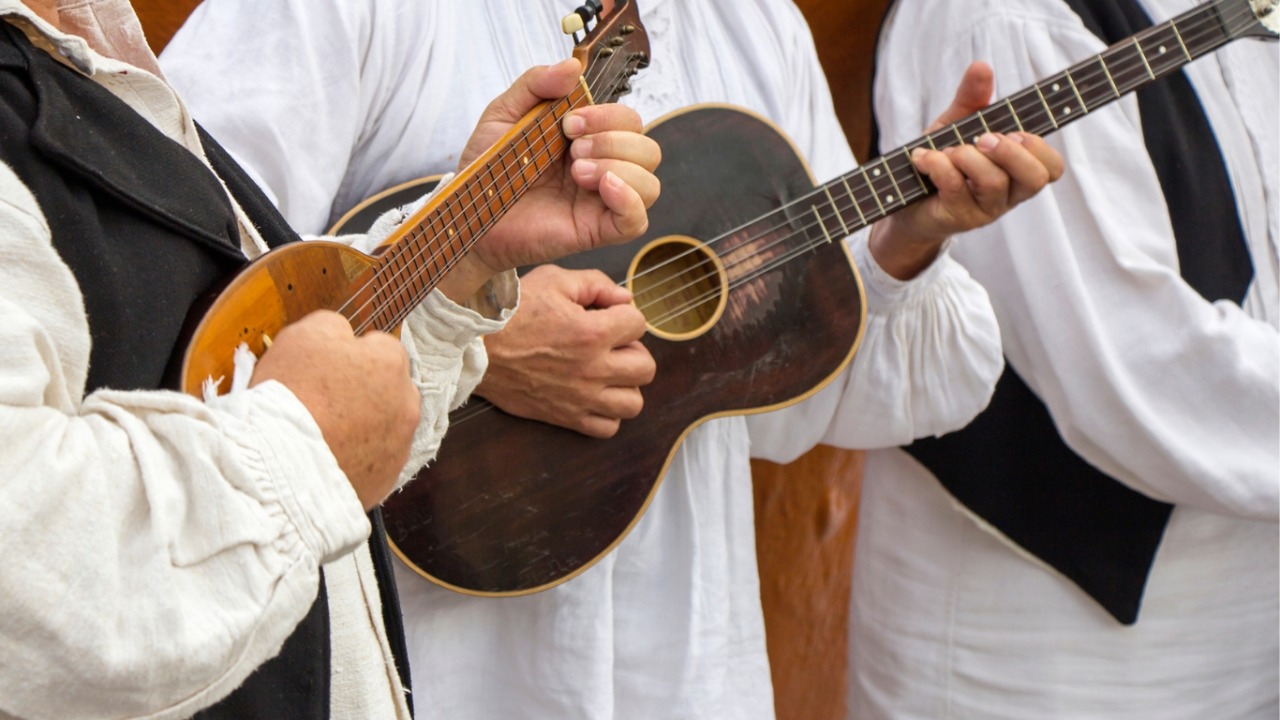
More than food and drink
A kafana is not defined only by what you eat or drink, but by the atmosphere. Here, friends talk for hours, strangers become companions, and joy or sorrow are equally shared. It is a place where politics was debated, poems written, songs composed, and lifelong friendships born.
Even today, kafane are full of life. From Belgrade to the smallest towns and villages, they continue to be spaces where time slows down. They are keepers of memory, of laughter that echoes in the night, of clinking glasses and heartfelt toasts. The kafana is not just a ritual – it is a reflection of Serbian spirit: warm, open, full of song, and always ready to welcome another guest at the table.
Related Articles

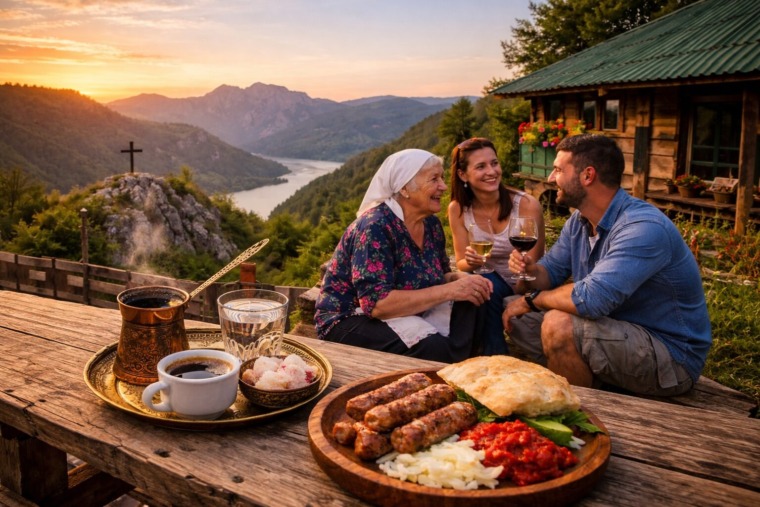
5 Little Things in Serbia That Travelers Never Forget
February 20, 2026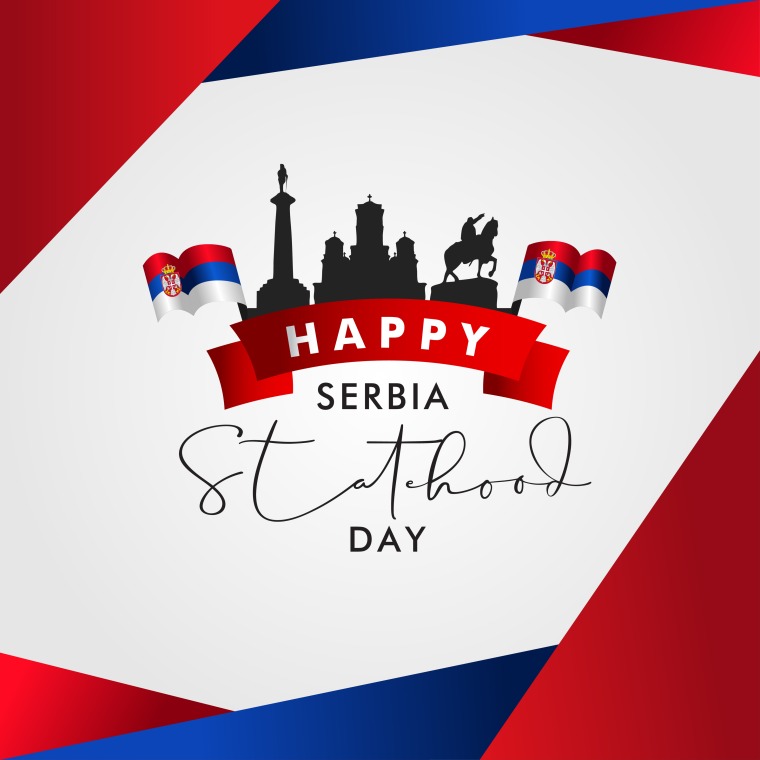
Interesting Facts About Sretenje You May Not Know
February 16, 2026